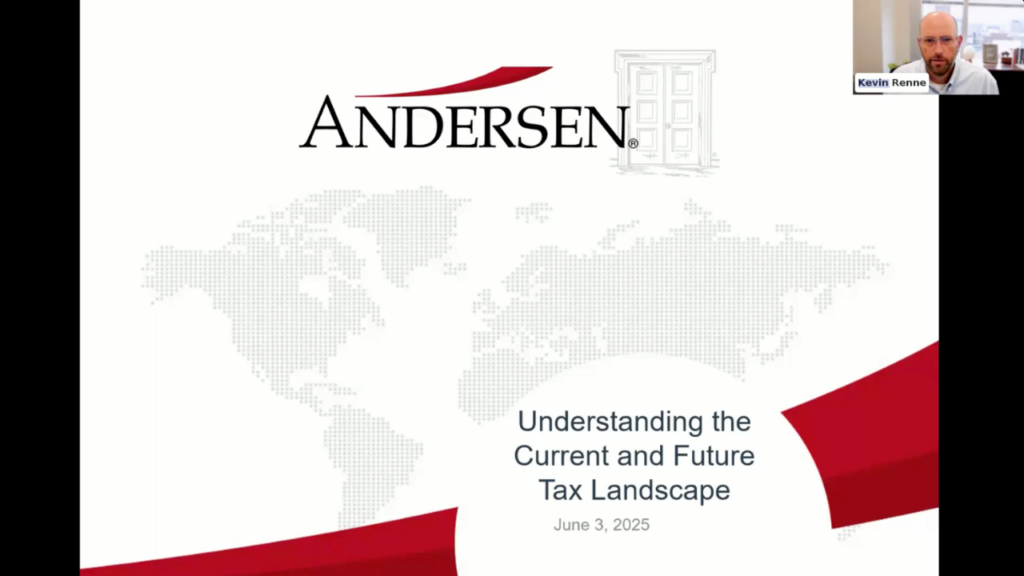March 25th marks one month and two days since Russian military forces began their assault and invasion of Ukraine. An estimated 3.6 million people have fled the country while another 6.5 million are thought to be internally displaced within Ukraine. While Ukrainian resistance has been fierce and Russian advances have stalled, there are no signs of an immediate ceasefire. As a result, many people living on the battle lines are facing shortages of food, clean water, electricity, and shelter. Humanitarian aid has been flowing into Ukraine from neighboring countries and around the world.
In times of a humanitarian crisis like this, acts of compassion and generosity can make a huge difference. If you want to support humanitarian relief in Ukraine, then consider donating money to a tax-deductible charitable organization. Many organizations qualify as charities under Internal Revenue Code section 501(c)(3), but donations may not qualify for an income tax deduction if it is a foreign organization as described in Internal Revenue Code section 170(c). The IRS publishes a list of all organizations that qualify under section 170(c) in Publication 78 in an online database:
Third party resources such as Charity Navigator evaluate non-profit organizations according to their financial health including measures of stability, efficiency, and sustainability. They also track accountability and transparency policies to verify the good governance and integrity of the organization. Charity Navigator has put together a list of highly rated charities involved in humanitarian relief, recovery, and peace-building efforts:
https://www.charitynavigator.org/index.cfm?bay=content.view&cpid=9366
The following charities are just a few of the ones directly supporting relief efforts in Ukraine:
UNICEF USA (New York, NY 10038) – TIN: 13-1760110
The United Nations Children’s Fund (UNICEF) works in more than 190 countries and territories to put children first. UNICEF has helped save more children’s lives than any other humanitarian organization, by providing health care and immunizations, clean water and sanitation, nutrition, education, emergency relief and more.
Airlink (Washington, DC 20005) – TIN: 37-1710848
Airlink is a nonprofit organization working with aviation and logistics partners to transport relief workers and emergency supplies for reputable non-governmental organizations (NGOs) responding to rapid-onset disasters and other humanitarian crises around the globe.
International Medical Corps (Pasadena, CA 91199) – TIN: 95-3949646
International Medical Corps is a global humanitarian organization dedicated to saving lives and relieving suffering through health care training and relief and development programs. They also train people in their communities, providing them with the skills they need to recover, chart their own path to self-reliance and become effective first responders themselves.
World Central Kitchen (Washington, DC 20001) – TIN: 27-3521132
Founded in 2010 by Chef José Andrés, World Central Kitchen (WCK) is first to the frontlines, providing meals in response to humanitarian, climate, and community crises while working to build resilient food systems with locally led solutions.
Charitable Gifting Strategies:
1. Donate appreciated securities – simply writing a check or giving via credit card may be convenient, but cash gifts are typically much less tax efficient than donating appreciated securities. If you sell an appreciated security and donate the cash proceeds, you may owe capital gains taxes on the growth. If you directly donate the appreciated security to a charity instead, you avoid the capital gains tax. In addition, you would be eligible for a charitable income tax deduction equal to the fair market value of the security you donate, up to 30% of your adjusted gross income (AGI).
2. Qualified Charitable Distribution (QCD) – if you are at least 70 ½ years old and currently taking required minimum distributions (RMDs) from your IRA, then a QCD is another strategy to reduce your taxable income. QCDs are donations made directly from your IRA to your chosen charity. While the gift amount won’t qualify for a charitable deduction, it won’t be considered taxable income either. QCDs count toward satisfying your RMD for the year if it has not already been met. For example, if your RMD for the year is $10,000, you could direct a QCD from your IRA to a charity in the amount of $3,000, thus reducing your taxable income to $7,000 from the RMD this year.
3. Open and fund a donor-advised fund (DAF) – a donor-advised fund is a giving account established at a public charity. It allows donors to make a charitable contribution, receive an immediate tax deduction, and then recommend grants from the fund over time. Funding a DAF works best when you want to itemize your deductions and bunch your charitable gifts in one tax year.
At JFS Wealth Advisors, we can assist you in selecting a charitable gifting strategy that is right for you. In addition, we will help facilitate charitable donations from your investment accounts to any named charity of your choosing. Please consult with your wealth advisor at your earliest convenience to see how these options fit within your financial goal plan.




















